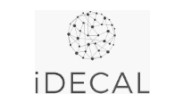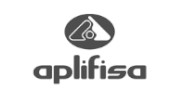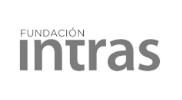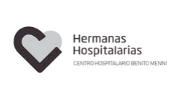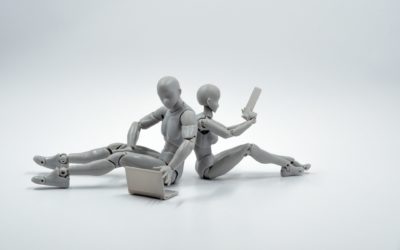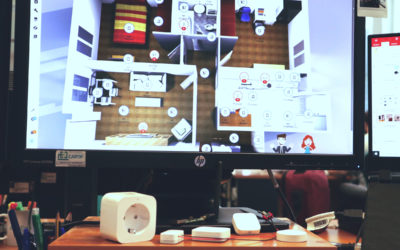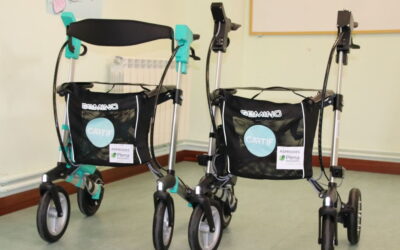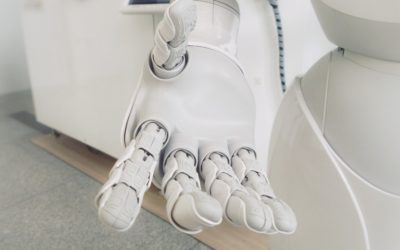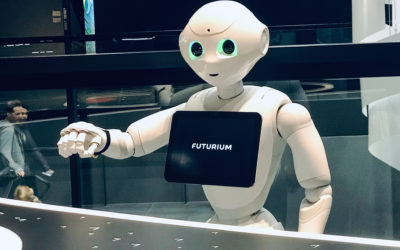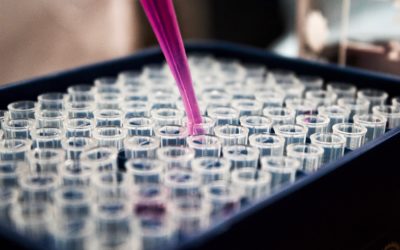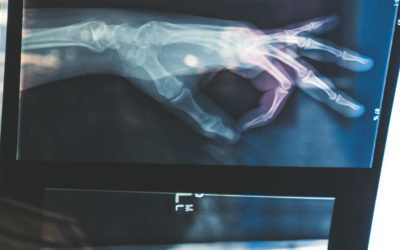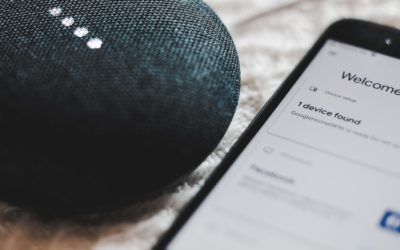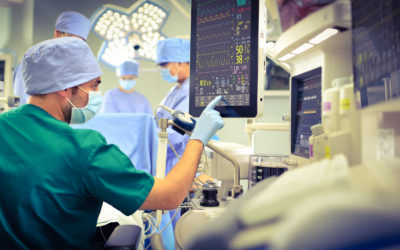cartif projects
E2REBOT
Strengthen the autonomy of people with some type o f neuro-motor disability in the upper limbs.
Description
E2REBOT is based on the integrated application of a wide spectrum of technologies for movement control and force interaction: mechatronics, virtual reality, haptic control, interfaces and bio-feedback. This project seeks to strengthen the autonomy of people with some type of neuro-motor disability, in the upper limbs.
This project monitors and integrates the physiological signals of the patient in the control loop of the neuro-rehabilitation robot. The physiotherapist could adjust the difficulty of the rehabilitation therapies that the patient should perform based on their experience, and the data “collected and analyzed” by the application that controls the neuro-rehabilitation robot.
Objectives
- Development of a new control system for robotic devices.
- Biocooperative control (“biofeedback”).
- Development of information management systems for physical and physiological variables.
- Development, construction and implementation of a prototype robotic device for rehabilitation of upper limbs.
Actions
- Borja F. Villar et al., “Influence on the user´s emotional state of the graphic complexity level in virtual therapies based on a robot-assisted neuro-rehabilitation platform”, Computer Methods and Programs in Biomedicine, Vol. 190, July 2020,
Expected Results
- A new robot for rehabilitation of upper limb.
- New control system that integrates haptic technology and bio-feedback.
- New metrics for the follow-up of patients by physiotherapists.
Partners
Cooperación I+D
IDI-20130740

Duration: April 2013 – June 2015

Responsible
Pablo Francisco Viñas
Networking
Health Projects:
ROSBAC
The objective is to develop a new generation of Socio-Bio-Cooperative robotic devices based on haptic technology combined with the novel Socio-Bio-Cooperative control approach to robotic systems, which proposes to use the biophysical signals of the users to adapt their reaction to the user’s state.
EIAROB
CARTIF PROJECTS EIAROBAmbient intelligence ecosystem for the support of long-term care at home using social botsDescriptionEIAROB project has as main objective promote the autonomy and quality life of elder and dependent people. The project is articulated in 3 axes:...
PROCURA
PROCURA aims at the realisation of two innovative social and health care solutions for active ageing and independent living, going beyond the current specifications available on the market and allowing the piloting of innovative technologies in the experimental environment of a living lab.
IDET
IDET is an innovative project aimet at creating a set of technologies that backbone an integrated development environment that facilitates the creation of rehabilitation therapies for robotic systems.
AIROSO
At AIROSO Project, progress will be made in integrating robotics into society, progressing in two directions: the coexistence of social robots with older people and human-robot interaction using robotic heads.
CYTOPREP
The objective of the CytoPrep project is the design and development of an integral solution consisting of new reagents, devices and equipment. Which are part of a new methodolody for the preparation of samples for analysisi by flow cytometry (CMF).
Sharem
The main objective of SHAREM is to design, develop and validate a modular and configurable robotic system, for the realization of rehabilitation, habilitation or stimulation therapies of the upper limbs.
Social&Smart-SANDS
Social&Smart-SANDS it´s about creating a protocol by which household appliances can exchange information on use and results and learn from it to achieve more efficient operations.
SOLUCII
The SOLUCII project generate a technical advance that allows the development of an innovative support system for the comprehensive analysis of patients in intensive care units with support for medical decisions based on ICTs.

